Iran FM on Tokyo visit: Japan PM throws weight behind JCPOA, ready to help its revival
Japanese Prime Minister Fumio Kishida says Tokyo supports the talks aimed at reviving the 2015 Iran nuclear deal, also known as the Joint Comprehensive Plan of Action (JCPOA), and is ready to help the sides in this regard.
Kishida made the remark in a meeting with Iran's Foreign Minister Hossein Amir-Abdollahian, who arrived in Tokyo on Sunday night in the first Japan visit by a top Iranian diplomat since 2019.
He said Japan supports the continuation of positive interaction between Iran and the International Atomic Energy Agency (IAEA).
Meanwhile, Japan's Foreign Ministry announced that the prime minister called on Iran to take constructive measures, including the full and unconditional cooperation under a joint statement issued by Iran and the IAEA in March.
At the end of a two-day visit to Tehran in March by IAEA Director General Rafael Grossi, Iran and the UN nuclear agency issued a joint statement in which both sides recognized that bilateral positive engagements can pave the way for wider agreements among state parties.
Both sides agreed that bilateral interactions will be carried out in a spirit of collaboration, and in full conformity with the competencies of the IAEA and the rights and obligations of Iran based on the comprehensive safeguards agreement.
Elsewhere in the meeting, the Japanese prime minister stressed the importance of expanding mutual relations.
Kishida hailed the positive developments in the Persian Gulf and said Tokyo supports regional cooperation aimed at promoting sustainable security.
The Iranian foreign minister, for his part, reiterated the two countries' determination to improve relations and said Tehran welcomes a roadmap for bilateral long-term cooperation.
Amir-Abdollahian said Iran plays a leading role in promoting energy security in the Persian Gulf.
He added that the new developments in the region herald the deepening of regional cooperation aimed at boosting stability, security, development and welfare, emphasizing that Japan plays an important role in supporting this process.
Regarding the conflict in Ukraine, the top Iranian diplomat informed the Japanese premier that Tehran's principled stance was based on a political resolution of the crisis.
According to Japan's Foreign Ministry, during his approximately 25-minute talks with the Japanese premier, Amir-Abdollahian reiterated Tehran's efforts to restore the JCPOA through negotiations.
He expressed his appreciation for Japan’s diplomatic bids to restore the US-abandoned nuclear deal and said Iran would like to continue communication with Japan on the issue.
The JCPOA was derailed in 2018 by former US president Donald Trump, who unilaterally walked out of the accord and launched a campaign of maximum pressure against Iran.
US President Joe Biden vowed to return to the JCPOA after taking office but failed to take any practical steps.
Talks were held over the JCPOA revival between Iran and the remaining parties to the accord but they have been stalled since last August, with Iran blaming the US for failing to guarantee that it will not leave the deal again.
Iranian, Japanese FMs discuss bilateral issues, regional, global developments
Amir-Abdollahian also met with his Japanese counterpart Yoshimasa Hayashi in Tokyo on Monday and discussed mutual issues and the latest regional and international developments.
The Iranian foreign minister said Tehran and Tokyo should review policies on mutual relations and draw up a roadmap for long-term cooperation.
He added that the two countries have great capacities to improve relations and expressed Iran's readiness to hold more consultations with Japan.
Pointing to the ongoing war in Ukraine, Amir-Abdollahian reiterated that Iran's principled policy is based on a peaceful settlement of the crisis, urging the international community to support it.
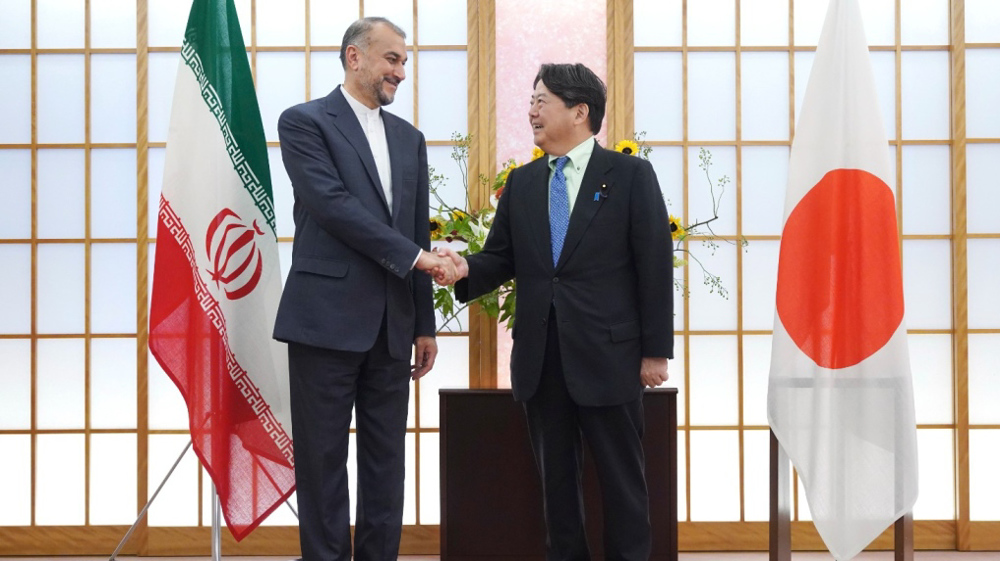
Speaking at a press conference in Tokyo on Monday, the top Iranian diplomat highlighted Tehran's efforts towards reaching a political settlement of the Ukraine crisis, blaming the conflict on the US-led NATO military alliance and its provocations.
“We consider NATO and its provocations among the root causes of the war and crisis. We continue our efforts to stop the war and make the parties focus on a political solution,” he said.
Japan's Foreign Ministry said in a statement that Amir-Abdollahian and Hayashi discussed Japan's ongoing cooperation in areas such as health care and disaster prevention.
The Japanese foreign minister also threw his country's weight behind the Iran nuclear deal.
The top Iranian and Japanese diplomats also exchanged views about the JCPOA revival talks and Iran's cooperation with the UN nuclear watchdog.
The duo further discussed regional issues, including the Ukrainian crisis and stability and security in West Asia.
Iran FM calls for cooperation with Japan in pharmaceutical, medical equipment fields
In a meeting with Japanese Minister of Health, Labor and Welfare Katsunobu Katō on Monday, Amir-Abdollahian denounced the illegal and unilateral sanctions the US has imposed on Iran.
The Iranian foreign minister called for the promotion of cooperation between Tehran and Tokyo, especially the formation of a mechanism for the participation of Japanese companies in Iran’s pharmaceutical industry and medical equipment sector.
He pointed to the significance of political relations and mutual cultural respect and hailed Japan's donation of vaccines to Iran during the COVID-19 outbreak.
The Iranian foreign minister briefed the Japanese health minister on Tehran's achievements in new technologies.
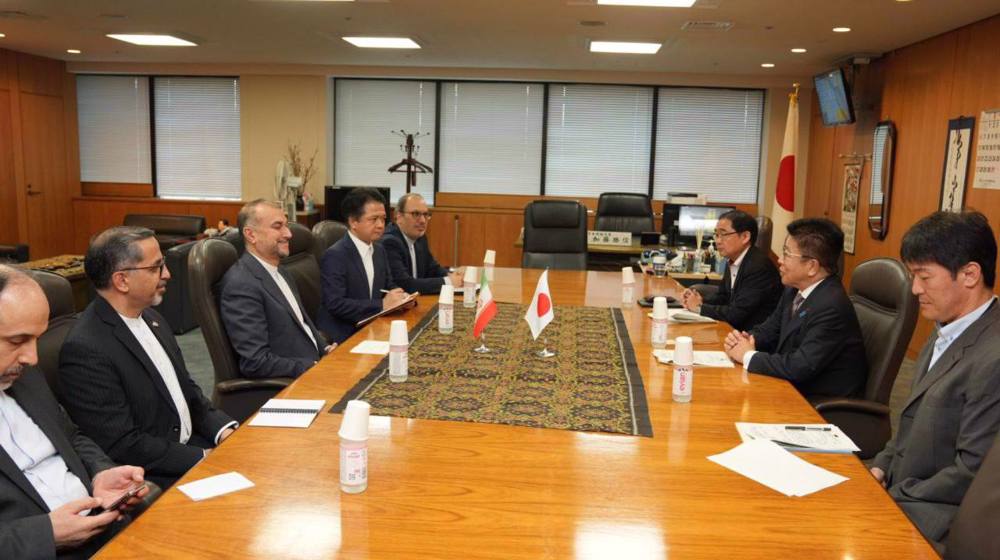
Katsunobu said the Iranian foreign minister's visit is taking place on the 78th anniversary of the 1945 US nuclear attacks on the Japanese cities of Hiroshima and Nagasaki days before the end of World War II and added that the Japanese people oppose the weapons of mass destruction.
He stressed the importance of promoting bilateral cooperation, particularly in the medical sector, and lauded Iran’s progress in modern medical technologies.
The Japanese minister expressed hope that Tehran and Tokyo would boost cooperation given their age-old and historical relations.
VIDEO | Trump destabilizing nations
VIDEO | Palestinians condemn Israeli decision targeting Ibrahimi Mosque authority
VIDEO | Economic protests in Iran exploited by organized rioters
Iran receives first image from Tolou-3 remote-sensing satellite after successful orbital tests
Israeli foreign minister’s visit to Somaliland sparks diplomatic outrage
Gold inches closer to record peak as geopolitical risks lift safe-haven demand
Historic hospital leveled in Quneitra amid Israeli incursions into Syria
Palestinian activist on hunger strike near organ failure in UK prison


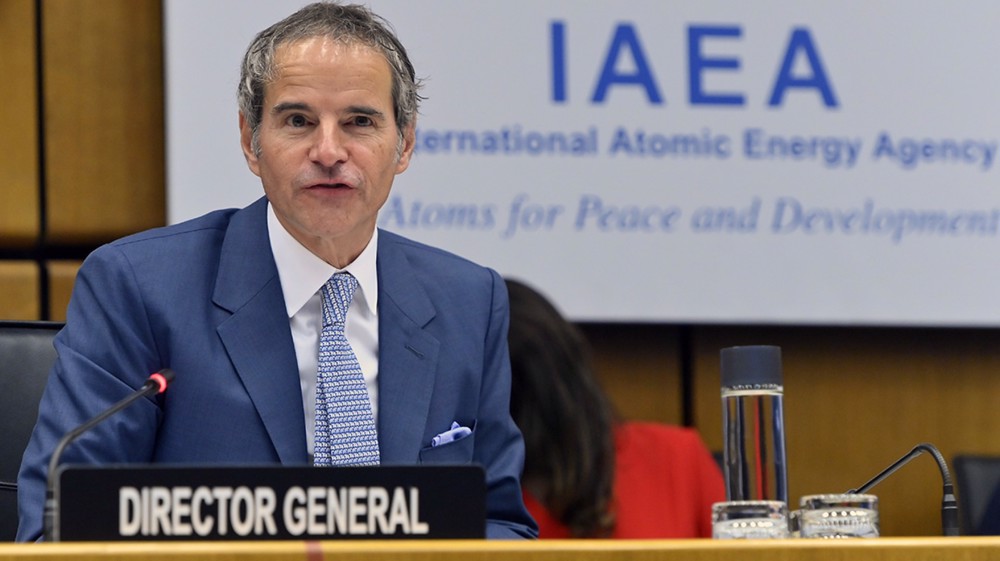
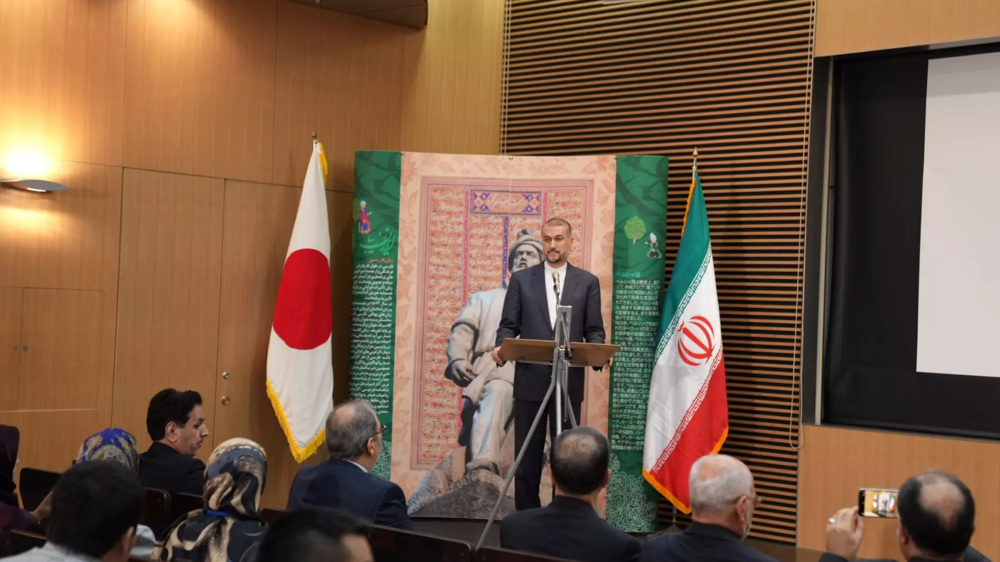
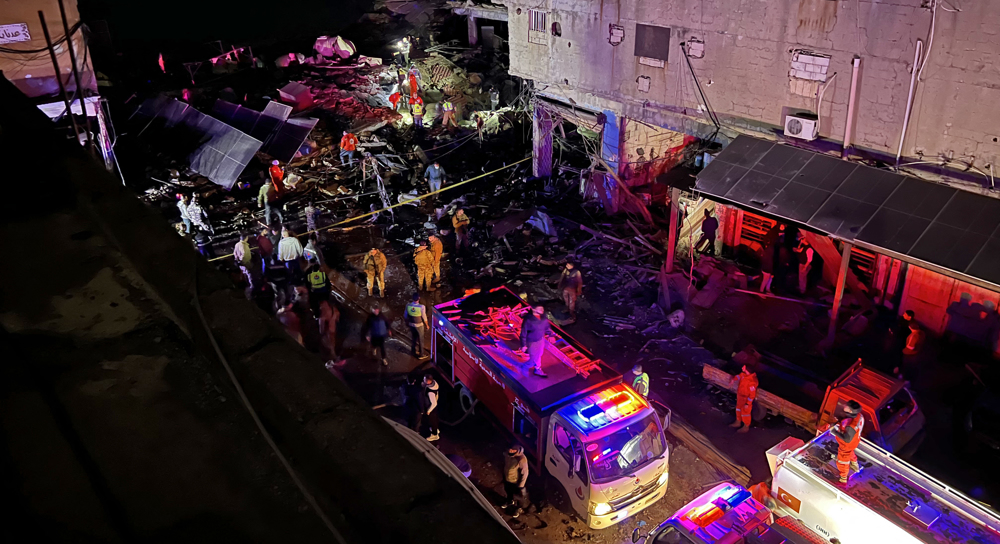
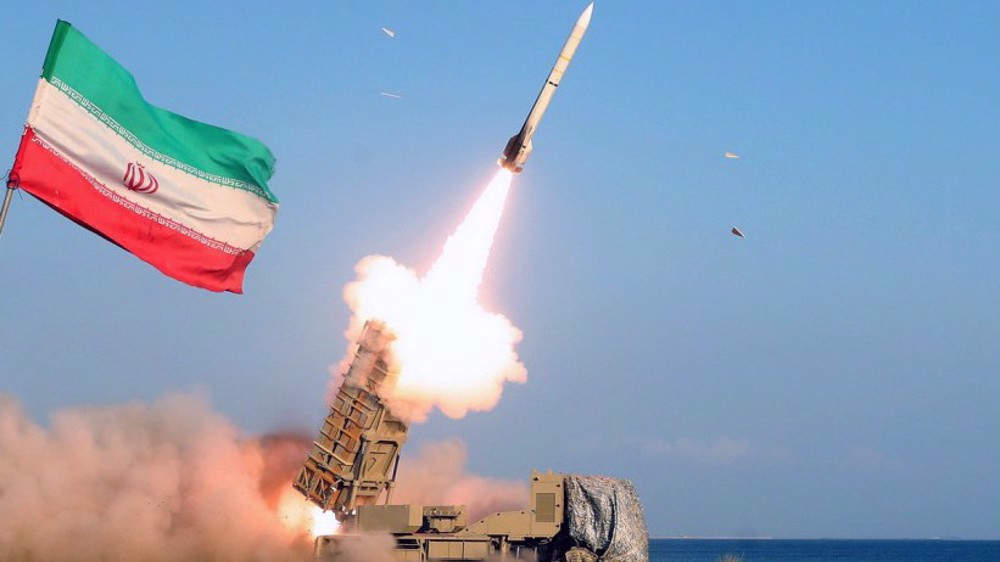
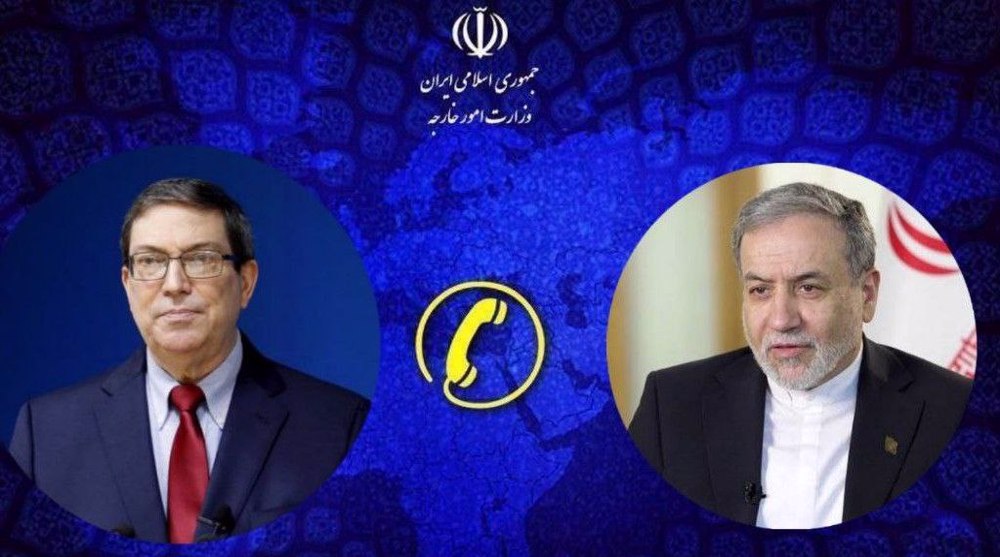




 This makes it easy to access the Press TV website
This makes it easy to access the Press TV website